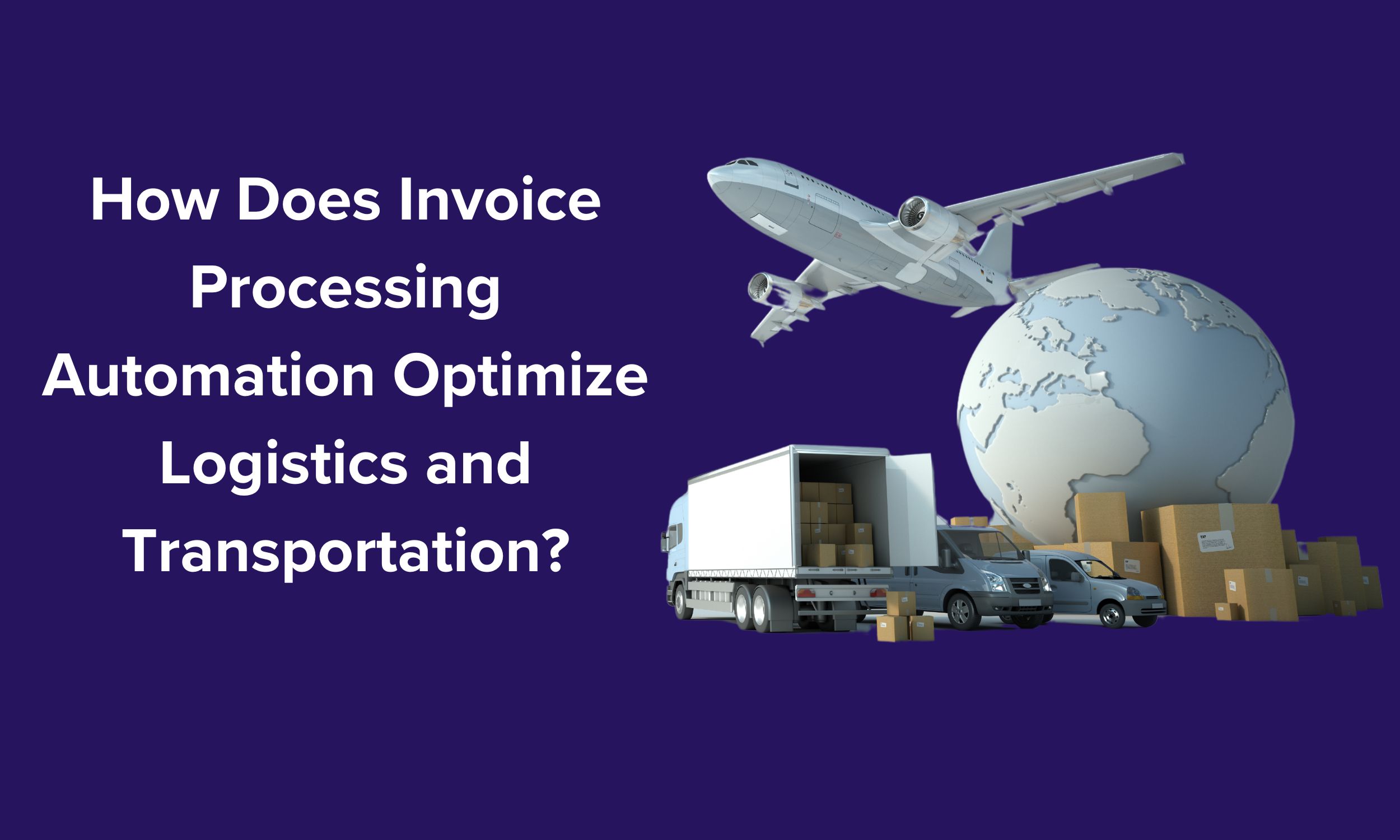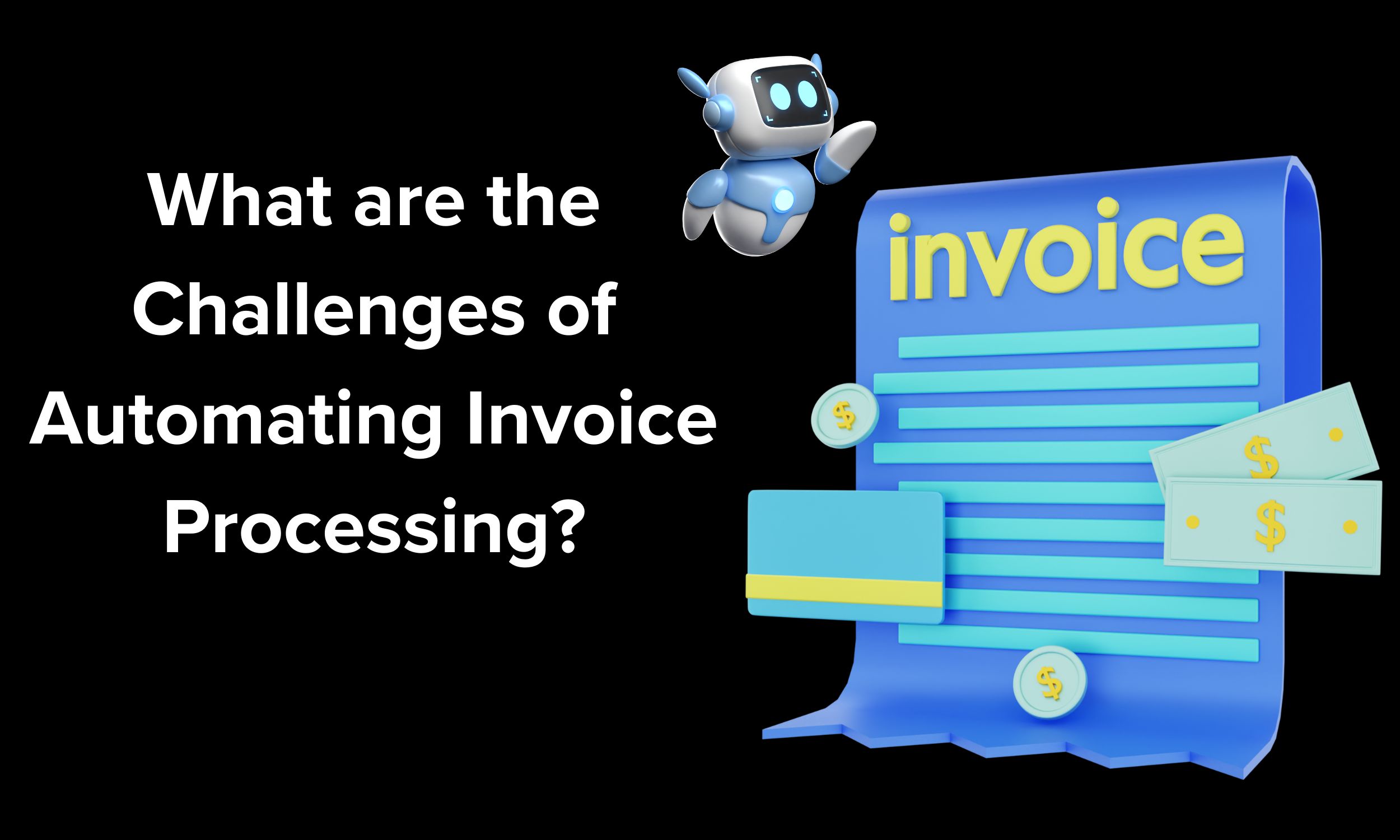Understanding RPA and its various industry applications
RPA Industry Applications: Robotic Process Automation (RPA) is an innovative technology that automates mundane, repetitive tasks and has become increasingly popular in the corporate world. RPA uses software robots or bots that mimic human actions to complete tasks like data entry, invoice processing, and report generation, to name a few.
This blog will discuss RPA in-depth and its applications in various industries.
Understanding RPA (Robotic Process Automation)
RPA records a user’s interaction with an application and creates a set of instructions that it can repeat autonomously. A bot can run these instructions 24/7, freeing employees to focus on more valuable tasks. RPA can be integrated with various software applications, including customer relationship management (CRM) systems, enterprise resource planning (ERP) systems, and human resource management systems (HRMS).
The most frequent and repetitive rule-based business processes that RPA excels at include:
• Data entry and extraction
• Migration and validation of data
• Joining any application
• Excel sheet formatting
• Database update
• Changing folders and files
• Opening emails and attachments
• Creating calculations
Without the need for breaks, RPA Bots can complete these tasks in the same manner continuously. As a result, the business can quickly scale up the Bots to perform multiple functions according to its needs. Industries like banking and finance, healthcare, manufacturing, insurance, and life sciences are all quickly adopting RPA.
The processing of invoices, payroll administration, accounting reconciliation, and employee onboarding are examples of cross-industry use cases for RPA. RPA is especially useful in industries that have high-volume, repetitive tasks that require accuracy and speed. The technology is also cost-effective since it can reduce the need for manual labor and prevent errors. In addition, RPA can improve operational efficiency, reduce cycle times, and improve accuracy.
Applications of RPA in Various Industries
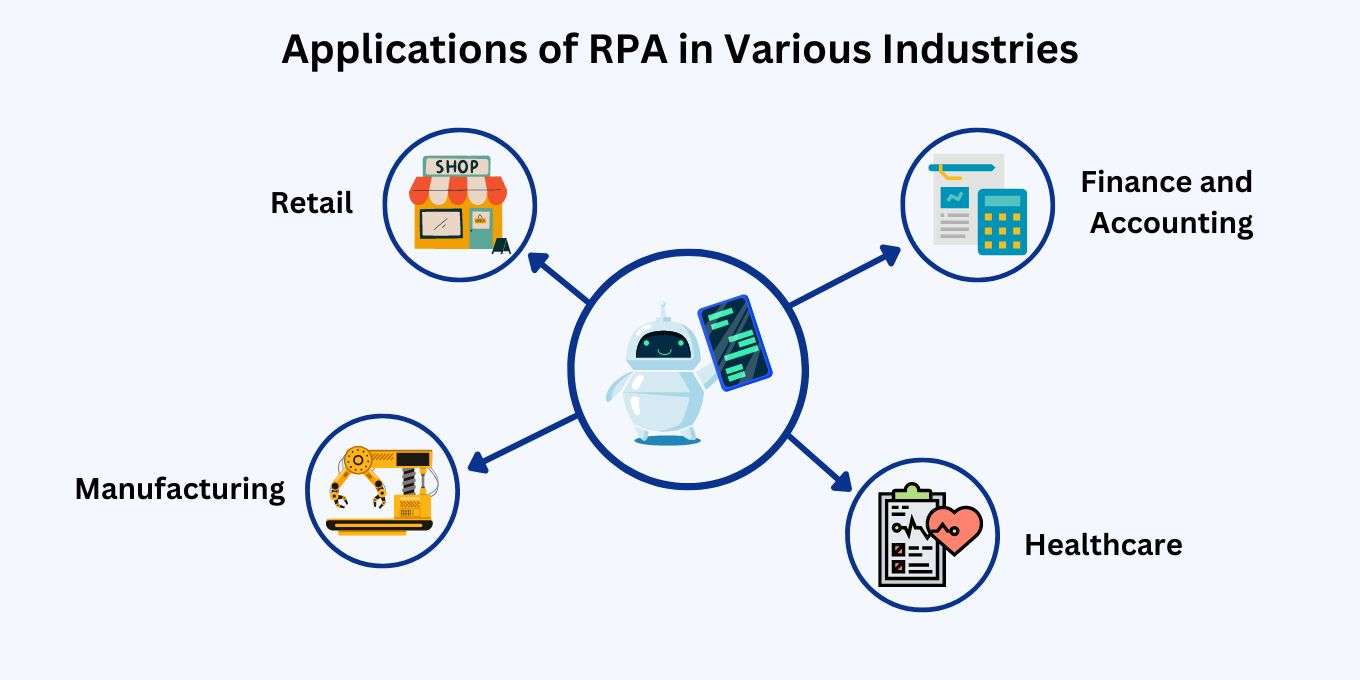
1. Finance and Accounting
Companies can automate repetitive tasks in the finance and accounting industry using RPA. These tasks include data entry, report generation, and invoice processing. RPA can also automate compliance and regulatory reporting, ensuring that the organization remains compliant with regulations.
Explore RPA's Industry Applications: Unlock Potential Today!

2. Healthcare
The healthcare industry can benefit from RPA by automating claims processing, appointment scheduling, and patient data management tasks. As a result, RPA can help healthcare organizations improve patient outcomes, reduce administrative costs, and improve patient satisfaction.
3. Manufacturing
The manufacturing industry can use RPA to automate supply chain management, inventory management, and order processing tasks. RPA can also be used to monitor production lines, ensuring that they are running efficiently.
Explore our other insights!
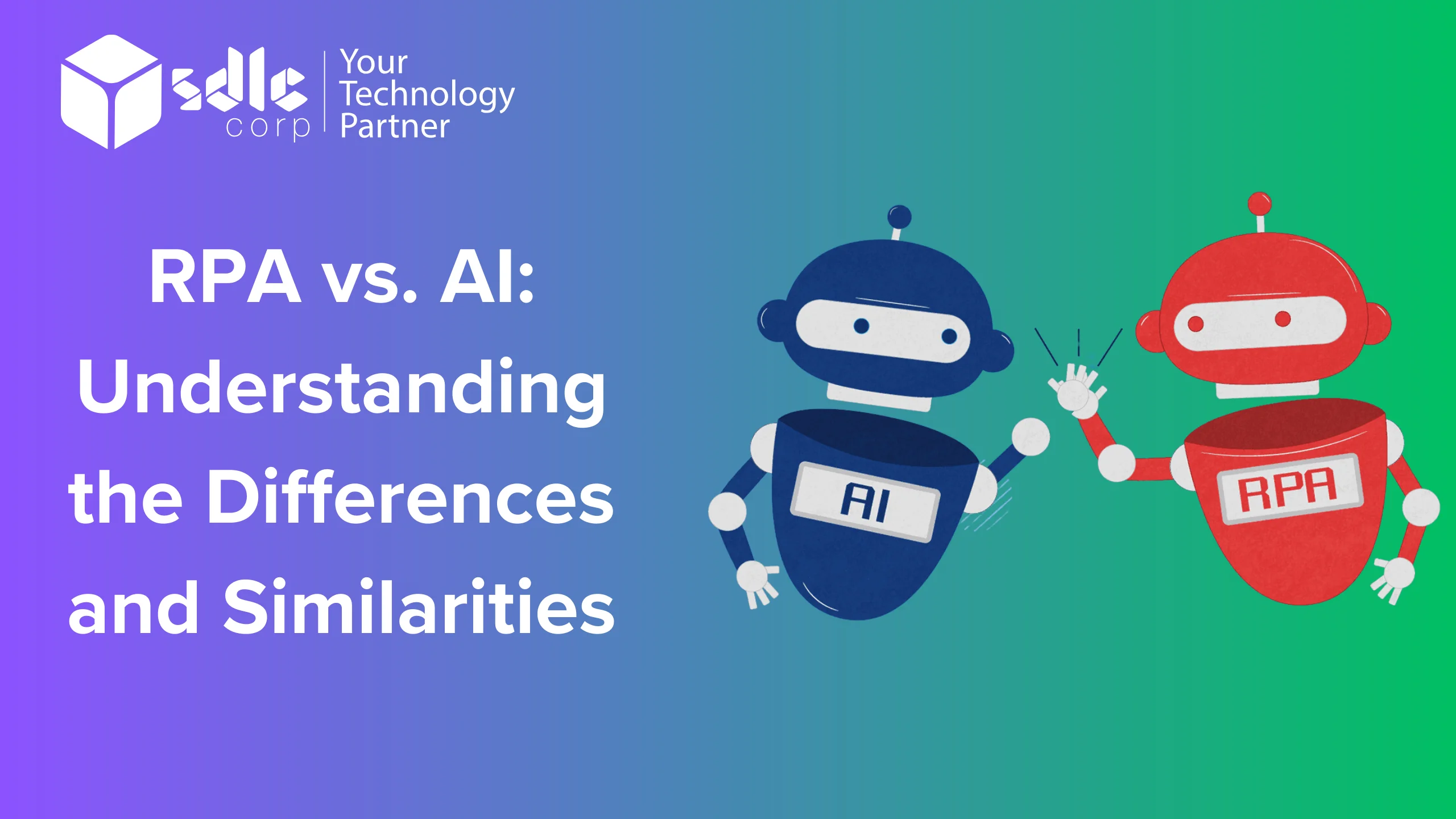
RPA vs. AI: Understanding the Differences and Similarities
RPA vs. AI: Understanding the Differences and Similarities RPA vs. AI Difference: In today’s rapidly evolving technological landscape,

RPA and Cybersecurity: Ensuring Data Protection
RPA and cybersecurity : Ensuring data protection Robotic Process Automation (RPA) has been gaining widespread adoption in recent
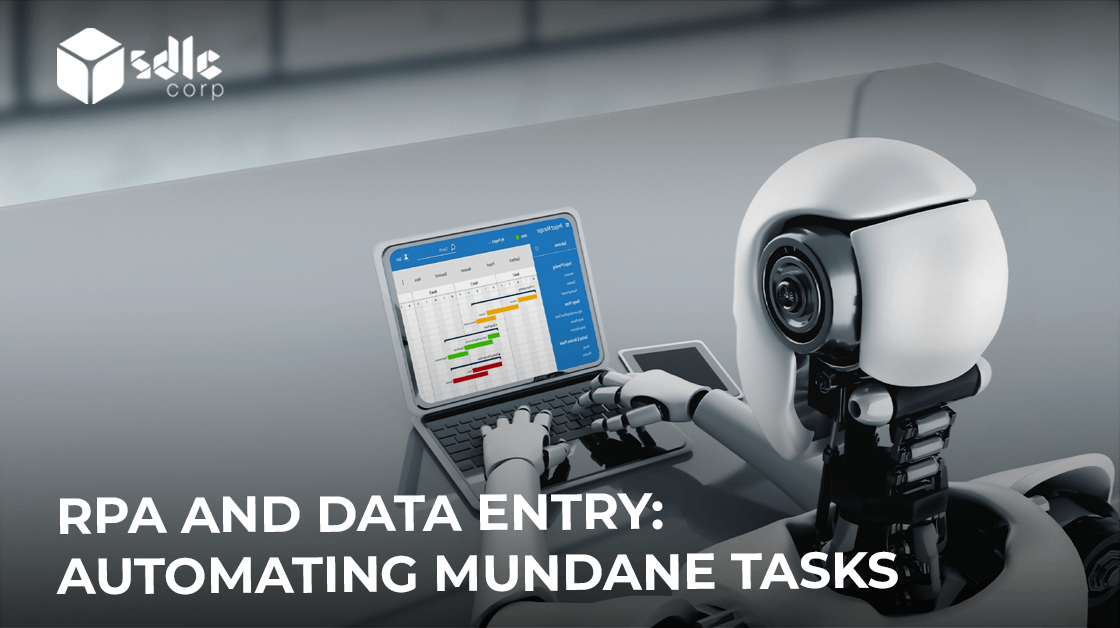
RPA and Data Entry: Automating Mundane Tasks
RPA and data entry : Automating mundane tasks RPA for Data Entry: In today’s digital age, businesses constantly
4. Retail
RPA can be used in the retail industry to automate inventory management, order processing, and customer service tasks. RPA can also analyze customer data, providing insights into consumer behavior and trends.
RPA's Business Benefits
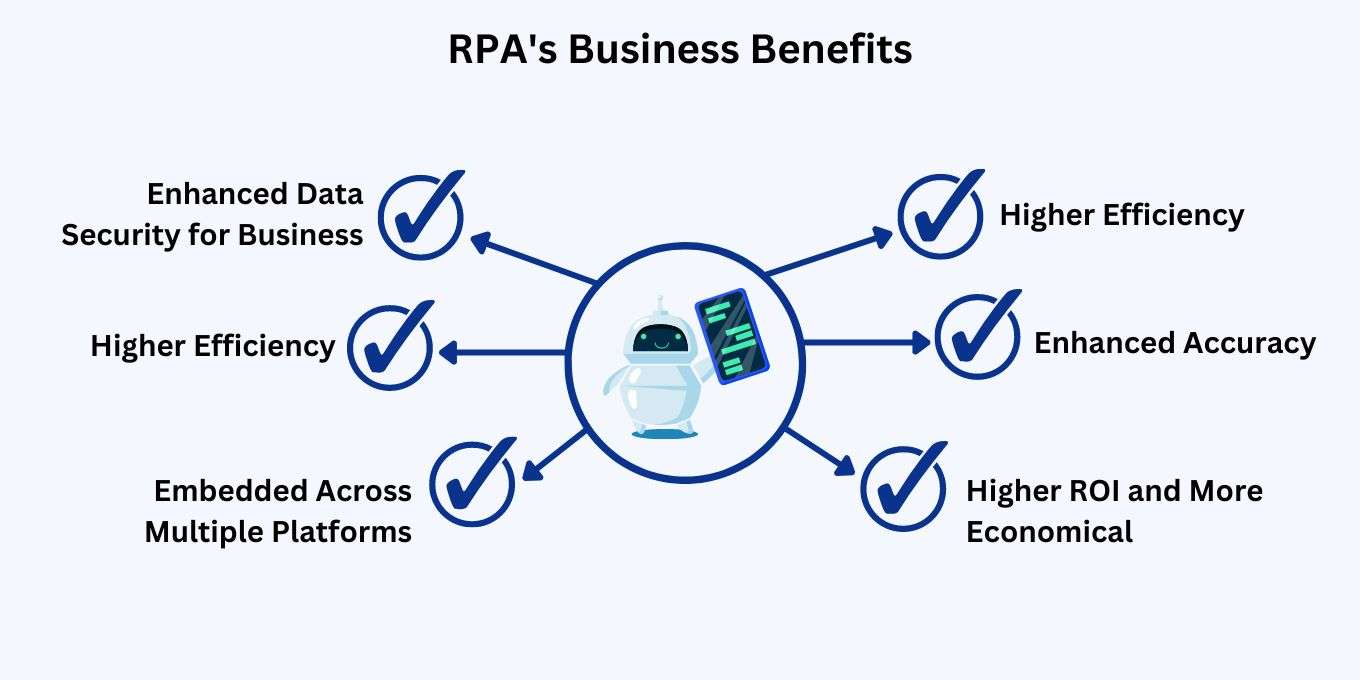
As it continues to gain traction, robotic process automation (RPA) offers significant business advantages and adds value. Think about the primary business benefits- cost, accuracy, speed, and efficiency; all these come under the RPA platform. The main business advantages of hiring an RPA development company are listed below.
Higher Efficiency
RPA bots can boost employee productivity by speeding up workflows and independently completing routine, repetitive tasks. RPA bots can handle functions like filing documents and processing claims without help in financial services, insurance, and the public sector. 68% of global workers, according to an UiPath survey, think automation will increase their productivity.
Enhanced Accuracy
RPA enables business processes to have nearly perfect conformity and 100% accuracy. A Forrester report states that 57% of employees believe RPA lessens manual errors. RPA will allow industries like finance, insurance, and healthcare to use bots to comply with strict regulations. RPA development companies will assist enterprises in achieving new levels of agility and precision.
Higher ROI and More Economical
Anyone can quickly create bots with RPA’s user-friendly, code-free interface and generate ROI immediately. Employees waste 40% of their daily productivity on manual administrative tasks related to digital technology. Employing an RPA development company will help industries like healthcare execute quick patient procedures that are error-free and compliant.
Embedded Across Multiple Platforms
RPA technology spares businesses from having to replace or update their current systems. RPA bots allow businesses to break down technological silos by seamlessly integrating with various software tools and platforms, regardless of their purposes. An RPA development company can assist your company in maximizing efficiency and achieving more ambitious goals.
Enhanced Data Security for Business
The main concern of professionals and business owners is data security. Your professional teams can precisely manage and strictly define the parameters of RPA tools to stop data breaches or leaks. In addition, RPA offers beneficial opportunities, such as preserving privacy by minimizing human interactions when processing customer information.
Human Resources
The human resources industry can use RPA to automate onboarding, benefits enrollment, and performance management tasks. RPA can also be used to manage employee data and provide insights into employee engagement.
Dive into RPA's Industry Impact: Discover Applications Now!

Statistical Data on Robotic Process Automation (RPA) and Its Market Growth, Benefits, and Leading Companies
Robotic Process Automation (RPA) is a technology that automates repetitive and rule-based tasks performed by humans using software robots. Here are some statistical data about RPA:
1. In 2019, the global RPA market was estimated to be worth USD 1.40 billion. From 2020 to 2027, it is expected to grow at a CAGR of 40.6%, reaching USD 25.56 billion. (Source: Grand View Research)
2. In 2020, the BFSI (Banking, Financial Services, and Insurance) industry held the largest market share for RPA. (Source: Market Research Future)
3. According to a survey by Deloitte, 53% of organizations have already started their RPA journey, and 72% of those implementing RPA have already seen significant or moderate benefits.
4. The top benefits of implementing RPA cited by organizations include cost savings (59%), improved compliance (53%), and improved accuracy (52%). (Source: Deloitte)
5. The average cost savings from RPA implementation is estimated to be around 20-30%. (Source: UiPath)
6. Adopting RPA is expected to lead to a 25-50% reduction in employee time spent on repetitive tasks. (Source: McKinsey)
7. The global RPA software market was dominated by UiPath in 2020, with a market share of 28%. (Source: Statista)
8. A Gartner report predicts that global RPA software sales will increase by 19.5% from 2020 to reach USD 1.89 billion in 2021.
Which Industries Use Robot Process Automation?
A few companies that use RPA include Walmart, Deutsche Bank, AT&T, Vanguard, Ernst & Young, Walgreens, Anthem, and American Express Global Business Travel. We have implemented RPA and trained it on how employees perform these tasks, said Thompson, who previously served as the CIO at Western Union and used a similar solution.
For example, David Thompson, the chief information officer of American Express Global Business Travel, automates the cancellation and refund of airline tickets.
RPA's Potential Future
RPA has several advantages, but automation still has a narrow scope. Industry analysts concur that businesses can only achieve enterprise-grade automation goals with RPA. It is time to embrace hyper-automation and get rid of automation silos.
Hyperautomation combines several technologies to accomplish more than RPA can by itself. In addition, hyper-automation builds on RPA as its foundation by incorporating supplementary technologies, including business process management, artificial intelligence, machine learning, and other cutting-edge automation tools.
The use of such complementary technologies in addition to RPA to deliver more efficient automation at scale is where RPA’s future lies. To achieve a successful digital transformation, the coordination of work between humans, RPA Bots, and algorithms will be more critical than ever.

Conclusion
RPA is an innovative technology that can automate mundane, repetitive tasks and improve operational efficiency. RPA has many applications in various industries, including finance and accounting, healthcare, manufacturing, retail, and human resources.
By automating repetitive tasks, RPA can improve accuracy, reduce cycle times, and improve employee productivity. As organizations adopt RPA, we expect to see increased efficiency and productivity across various industries.
FAQs
1. How does RPA work?
RPA bots are programmed to follow the rules and instructions to perform tasks such as data entry, processing invoices, and updating records in a company’s systems. As a result, they can interact with applications and websites in the same way that humans do and can also make decisions based on predefined rules.
2. What are the benefits of implementing RPA?
RPA offers several benefits, such as increased efficiency, cost savings, improved accuracy, and faster processing times. Additionally, it frees human workers from carrying out monotonous tasks, allowing them to concentrate on more complex and strategic work.
3. What are the challenges of implementing RPA?
Some challenges of implementing RPA include selecting the right processes to automate, ensuring the security and privacy of data, managing the bots, and dealing with the potential impact on the workforce.
4. Can RPA completely replace human workers?
RPA is designed to automate repetitive and rule-based tasks but cannot replace human workers entirely. Human workers are still needed to perform tasks that require creativity, problem-solving skills, and critical thinking. However, RPA can complement human workers and help them be more efficient.
5. How does RPA differ from other forms of automation?
RPA differs from other forms of automation in that it does not require complex integration with existing systems or significant changes to IT infrastructure. Using bots that interact with applications and websites like humans, companies can quickly and easily implement RPA. In addition, bots can promptly adapt to changes in business processes, making them more flexible than other forms of automation because they can be reprogrammed quickly.


